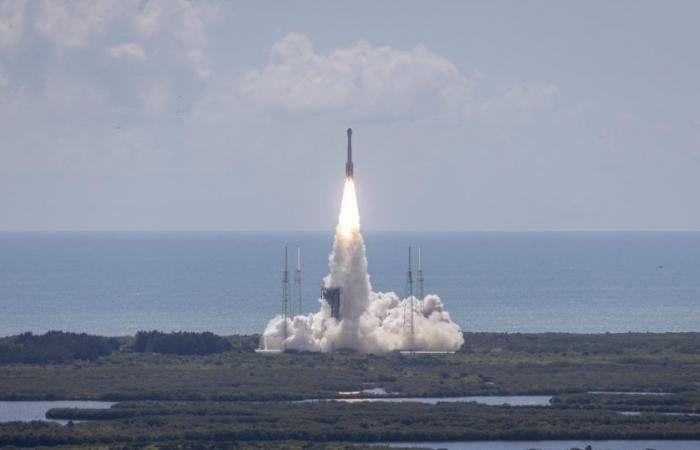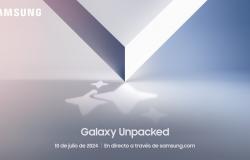The Boeing’s first manned space mission has delayed its return to Earth until at least June 22, an additional time that allows the team to “finalize departure planning and operations,” as reported by NASA this Friday in a statement.
The CFT mission (acronym in English for Manned Flight Test) arrived on June 6 at the International Space Station (ISS) and its return was initially scheduled for this Friday, but on Thursday it was already delayed until the 18th and now, with the new postponement until the 22nd, at the earliest.
“The crew will perform additional operations to better understand the handling of the spacecraft, repeat some ‘safe harbor’ tests and evaluate piloting using the forward window,” said NASA Commercial Crew Program Manager, Steve Stich.
The ship took off after passing a series of problems related to the Atlas V rocket – which thus carried out its first launch for a manned mission – such as a small leak of helium, the gas used in the propulsion systems of spacecraft to allow the thrusters to ignite.
NASA and Boeing had planned the first manned mission of the Starliner (which in May 2022 successfully completed an uncrewed trip to the ISS) for July 2023, but a month before the managers announced the indefinite postponement of takeoff in order to solve the ship’s parachute system. It was planned again for May 6, but was delayed again.
In fact, now the delay in his return is due to helium leaks; According to Boeing, the capsule manned by astronauts Barry ‘Butch’ Wilmore and Sunita ‘Suni’ Williams has shown five leaks of this gas.
Monitoring
In addition to the leaks, the US space agency is monitoring the weather conditions and ISS programming issuessuch as planned spacewalks.
The mission will allow Boeing to obtain the necessary certifications to operate as a second provider of cargo and crew transportation to the ISS, as SpaceX already does after million-dollar contracts that both private firms have signed with NASA.
“We have an incredible opportunity to spend more time on station and conduct more testing, which provides invaluable data unique to our position,” said Boeing Vice President and Director of the Commercial Crew Program, Mark Nappi.






